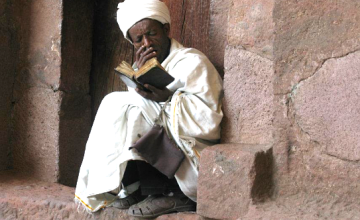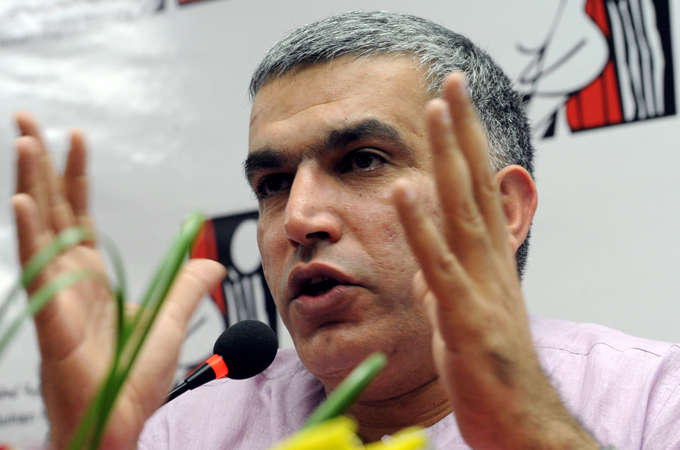By Ryan Aliman
Impunity Watch Reporter, Africa
ADDIS ABABA, Ethiopia – Following a series of protests, human rights groups are urging the authorities to free 17 prominent Muslim leaders on Wednesday, 15 August.

Since mid-July, Addis Ababa’s Awalia and Anwar mosques saw the arrest, harassment and assault on hundreds of Muslims, with local journalists and media outlets covering the protests also coming under fire. And though most of the detainees have been released, 17 are still in captivity.
For months, these protesters would march to the streets after their Friday prayers. According to the reports, most Ethiopian Muslims believe that the government is unconstitutionally interfering with their religious affairs. Such interference is reflected in the government actively imposing candidates from a moderate Islamic sect known as al Ahbash to the Supreme Council of Islamic Affairs as an attempt to control the operations of some mosques. Also, several Ethiopian Muslims feel that majority of the members of the Supreme Council of Islamic Affairs do not represent the interests of the country’s Muslim community.
On the other hand, the government has repeatedly denied the claims of interference; rather, it has insisted that these protests are part of a ploy of “extremist groups” “to turn the nation into an Islamic state”. The Muslim protesters, as far as the government is concerned, have been deliberately disrupting the “peaceful” public and stirring the Muslim community to further such ends.
A dominantly Christian nation, Ethiopia used to be a picture of religious tolerance. But as of late, religious related conflicts have been a major concern.
The families of several Muslim protesters have been included in the crackdown. Law enforcement officers have reportedly searched their houses. Some were even placed under house arrest. For instance, the families of two journalists, Akemel Negash and Isaac Eshetu, were prohibited from leaving their residences and placed under surveillance for at least ten days. The police also seized the personal belongings of other journalists including their cellphones, cameras and computers.
Under the government’s Anti-Terrorism Proclamation, which has been criticized for being vague and in violation of fundamental due process rights such as holding suspects to up to four months in custody without charge, authorities have convicted at least 34 opposition members, journalists, and others since 2011.
In April 2012, Ethiopian Prime Minister Meles Zenawi said freedom of religion is respected under the constitution, but some Ethiopian Muslims were engaged in revolutionary acts and attempts to establish an Islamic state.
For further information, please see:
AFP – Call to Free Ethiopia’s Jailed Muslim Protesters – 16 August 2012
All Africa – Ethiopia: Human Rights Group Urges Immediate Release of Jailed Ethiopian Muslim Leaders – 15 August 2012
All Africa – Ethiopia – Prominent Muslims Detained in Crackdown – Security Forces Arrest Hundreds of Peaceful Protesters – Detainees at Risk – 15 August 2012
All Africa – Ethiopian Police Targer Muslim Leaders, Press in Attempts to Stifle Protests – 15 August 2012



